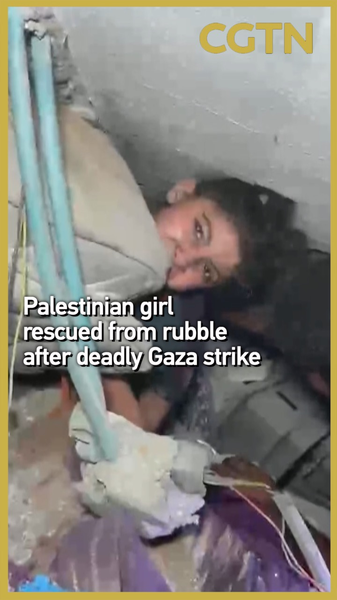In the shadow of continuous bombardment and worsening hunger, hopes for a lasting Gaza ceasefire are facing fresh setbacks. Overnight air and tank strikes by Israeli forces pounded eastern Gaza City, killing at least 11 people, according to local witnesses and medics. As civilians grapple with dwindling food supplies and disrupted aid routes, diplomatic efforts are racing against time to hold the line against a full-scale humanitarian collapse.
Hamas leader Khalil Al-Hayya has arrived in Cairo for a new round of talks aimed at reviving a U.S.-backed ceasefire plan. The proposal, first drafted earlier this year, envisions a 60-day truce in exchange for hostage releases. But momentum has stalled: indirect negotiations in Qatar broke down in late July, with both sides blaming each other for the impasse.
Data from aid groups paint a stark picture: food insecurity is rising in Gaza, where more than half the population is at risk of starvation without immediate action. Even brief pauses in fighting can open critical windows for relief convoys, yet the current diplomatic deadlock threatens to leave many families trapped in a cycle of violence and deprivation.
As global attention turns to Cairo, the push for peace hinges on a delicate balance between strategic negotiations and urgent humanitarian needs. The next 48 hours could determine if Gaza moves closer to respite or deeper into crisis.
Reference(s):
Gaza ceasefire in doubt as fighting persists, starvation worsens
cgtn.com



